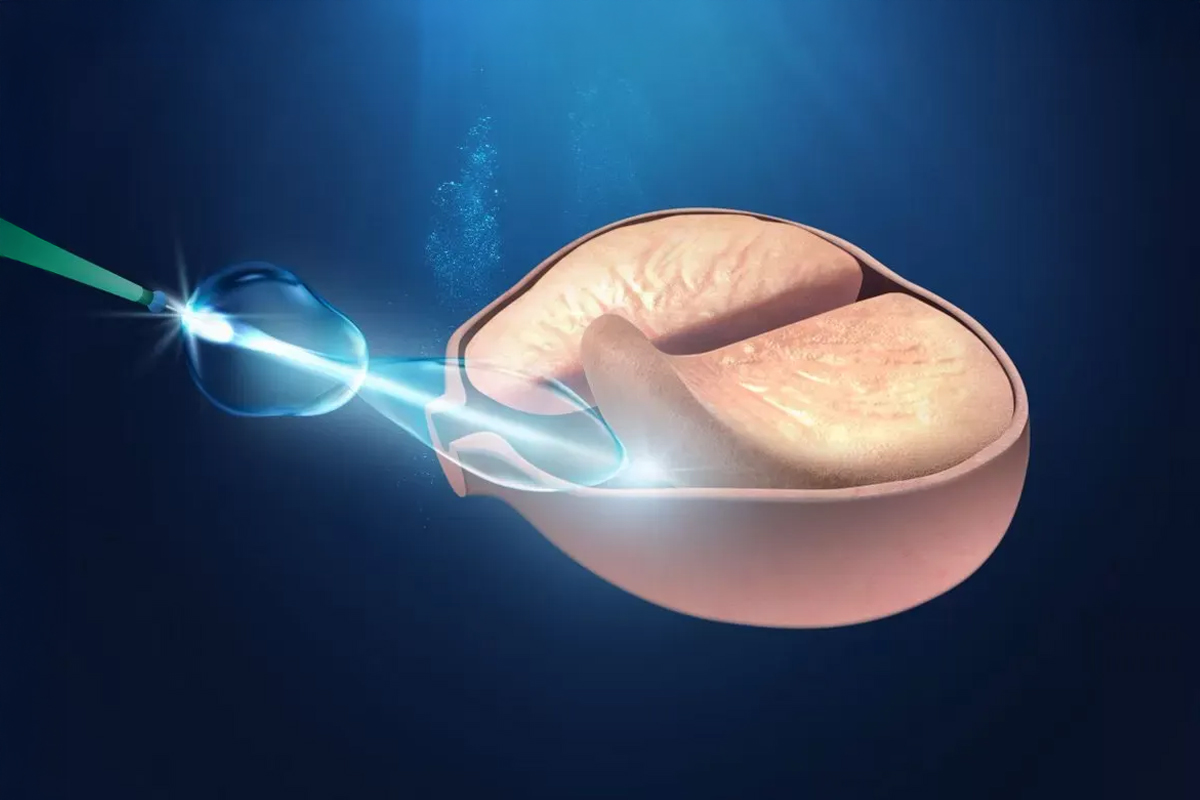Health male genital
The penis health is a topic which is not often speak, however, it is important to start to do so, to be able to identify the most frequent problems of this organ, with the order of a Physician Urologist can diagnose and treat the pathology present.
The male health, it is important, don't let embarrassment stop you from consultation to the Urologist.
The pathologies in the penis may be a sign of a health condition of the fund, therefore it is important to the consultation Carried out in order to evaluate the person in all its integrity.
The difficulties that cause the problems of the penis can affect other areas of life, causing stress, relationship problems or lack of self-esteem. It is important to note that the problems of the penis go beyond the ability to have and keep an erection, ejaculate, and can be reproduced.
Conditions that affect the functionality and health of the penis
The pathologies related to the sexual function and the health of the penis include:
- Erectile dysfunction: inability to get and maintain an erection that is firm enough to achieve sexual intercourse.
- Ejaculation problems: include the inability to ejaculate, ejaculation, delayed ejaculation, painful ejaculation, premature ejaculation, reduced or retrograde ejaculation
- Anorgasmia: inability to achieve an orgasm
- Decreased libido: decreased sexual desire.
- Sexually transmitted infections: includes genital warts, gonorrhea, chlamydia, syphilis, and genital herpes, which can cause pain when urinating, discharge from the penis, and sores or blisters on the penis or in the genital area.
- Fungal infection: it can cause inflammation of the head of the penis (balanitis), rash, reddish, white spots on the penis, itching, burning, and/or a discharge that is white.
- Peyronie's disease: chronic condition that results in erections bent (curved) or painful.
- Fracture of the penis: rupture during an erection of fibrous tissue, usually caused in the sexual act.
- Priapism: erection is persistent, usually painful that is not caused by sexual stimulation.
- Phimosis: condition in which the foreskin of the penis cannot be retracted from the head of the penis, which causes pain in the urinate and erections.
- Paraphimosis: condition in which the prepuce can not return to its normal position after being retracted.
- Cancer of the penis: it manifests itself in different ways, you can start as a blister on the foreskin, the head or the body of the penis and then become a growth similar to a wart.
Factors
Usually we find ourselves with various factors that can affect the quality of life, including the health of the penis. Some examples are:
- Heart disease, diabetes, and related conditions: heart disease, diabetes, high blood pressure, high cholesterol, and obesity, can usually increase the risk of developing erectile dysfunction.
- Medications: Erectile dysfunction is a possible side effect of some medications. Some examples are drugs to treat blood pressure, antidepressants, sleep medications, to treat ulcers and medicines to treat cancer of the prostate.
- Surgery for prostate cancer: the surgical removal of the prostate gland and surrounding tissue can sometimes cause urinary incontinence and erectile dysfunction.
- Smoking: smoking increases the odds of having erectile dysfunction.
- Excessive drinking: you can contribute to the decrease of the libido, erectile dysfunction.
- Hormonal imbalances: especially the deficiency of testosterone, have been linked to erectile dysfunction.
- Psychological Factors: depression, stress, or other deterioration of mental health, as well as medications to treat these conditions, can increase the risk of erectile dysfunction. In turn, the erectile dysfunction can generate anxiety, depression, low self-esteem or stress in relation to the sexual performance.
- Neurological disorders: the stroke, lesions of the spinal cord and back, multiple sclerosis, and dementia can affect the transfer of nerve impulses from the brain to the penis, and, consequently, cause erectile dysfunction.
- Aging: generally there is a decrease in the levels of testosterone and is associated with an increased risk of erectile dysfunction.
- Pircing: the piercing on the penis can cause an infection in the skin and alter the flow of urine.
Reasons for consultation to the Urologist that you must not let pass
It is recommended that men do not stop to consult the Physician Urologist if they present with the following signs or symptoms related to the penis:
- Changes in the shape of ejaculate.
- Abrupt changes in sexual desire.
- Bleeding during urination or ejaculation.
- Warts, bumps, lesions, or rashes on the penis or in the genital area.
- Curvature or penis bent which causes pain or interferes with the sexual activity.
- Burning sensation when urinating.
- Discharge from the penis.
- Intense pain after a trauma to the penis.
Healthy behaviors
- Sexually responsible: Use condoms .
- Vaccine: If you are 26 years old or less, considered to get vaccinated against the human papilloma virus (HPV) to help prevent the types of cancer associated with the virus.
- Physical activity: Physical activity can significantly reduce your risk of erectile dysfunction, a healthy weight can help reduce the risk of developing high cholesterol, high blood pressure, type 2 diabetes and other risk factors for erectile dysfunction.
- Hygiene habits: Wash below foreskin with water and soap. Be sure to return the foreskin to its normal position after sexual intercourse.
- Medications: Learn about the potential side effects.
- Mental health: Looking for treatment, and to consider the medication that is indicated.







